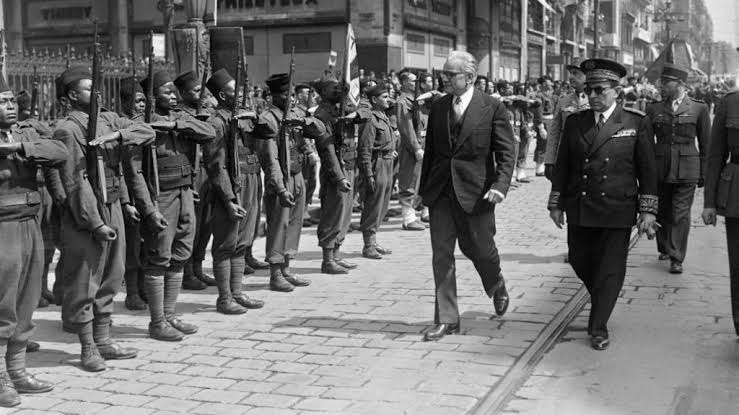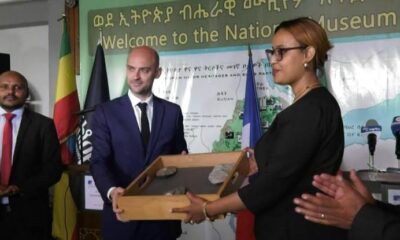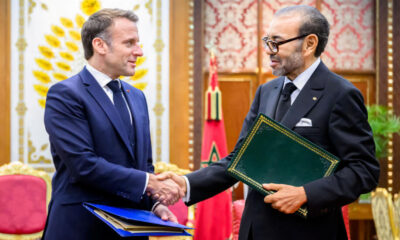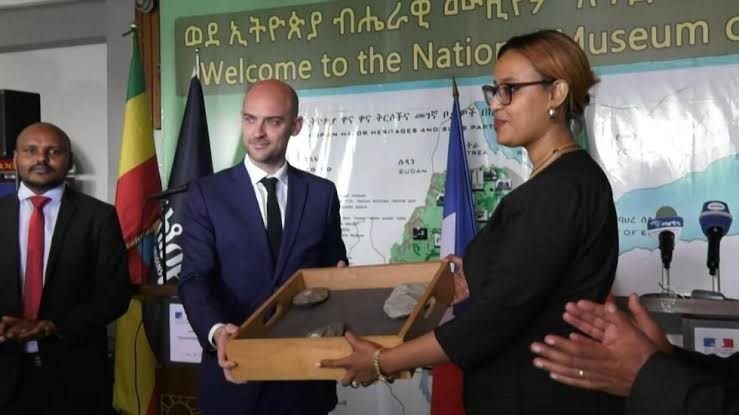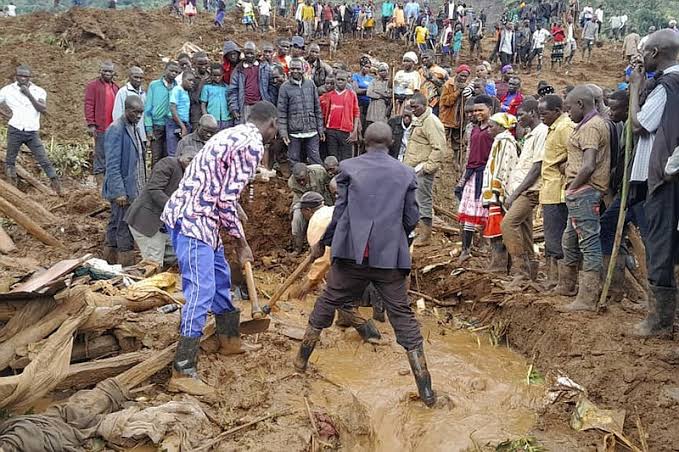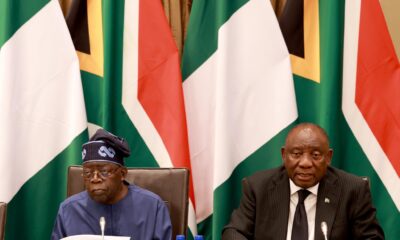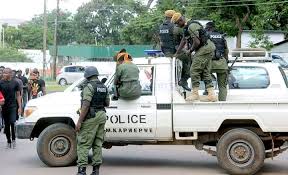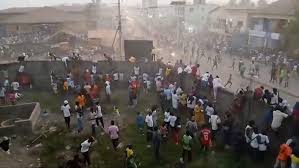After almost four decades of denial, the French government has acknowledged that the killing of around 400 West African troops by French soldiers in 1944 was indeed a massacre.
French President, Emmanuel Macron, made the acknowledgement while delivering a speech as part of Nigerian President Bola Tinubu’s two-day state visit to France, on Thursday.
In a letter addressed to Senegalese authorities, Macron, for the first time, recognized the killing of West African soldiers by the French Army as a massacre.
The admission was also announced by Senegalese President Bassirou Diomaye Faye in an interview aired on French state television.
Macron’s acknowledgement is coming on the eve of the 80th anniversary of the World War II killings in Thiaroye, a fishing village on the outskirts of the Senegalese capital.
The incident occurred when the West Africans were members of the unit called Tirailleurs Senegalais, a corps of colonial infantry in the French colonial Army.
Historical facts have it that between 35 and 400 West African soldiers who fought for the French Army in the Battle of France in 1940 were killed on December 1, 1944, by French soldiers after what was described as a mutiny over unpaid wages while some of the soldiers who protested were tried in March 1945.
Those who died were part of the Tirailleurs Senegalais unit, recruited at the start of World War Two to help defend France, the colonial power.
On returning to Senegal in 1944 many protested about their pay which led to a brutal response.
The killings have been a point of contention between Senegal and France and the reported acknowledgement by Paris comes as Faye is talking about a reassessment of the countries’ relationship.
Those who joined the Tirailleurs Senegalais not only came from Senegal but also from across France’s African empire, including what is now Mali, Guinea, Niger, Benin and Chad.
They were sent to France and many were captured by Germany during its successful invasion of the country. Liberated in 1944, the soldiers were taken back to Senegal and housed in the Thiaroye military camp, 15km (nine miles) from the capital, Dakar.
Even before leaving France, many had been complaining about the pay they were set to receive and the fact that it was not the same as other French troops, historian Armelle Mabon says. Anger over the money grew once at Thiaroye, which the colonial authority viewed as a mutiny.
On 1 December, the French violently brought an end to the protests. At the time it was said that 35 of the tirailleurs were killed, but some have put the death toll as high as 400.
While making the announcement,
Faye said Macron’s step should open the door so that the whole truth about this painful event of Thiaroye can finally come out.
“We have long sought closure on this story and we believe that, this time, France’s commitment will be full, frank and collaborative,” he added.
In the letter, the France President said:
“France must recognize that on that day, the confrontation between soldiers and riflemen who demanded their full legitimate wages be paid, triggered a chain of events that resulted in a massacre.
“It is also important to establish, as far as possible, the causes and facts that led to this tragedy. I have asked my services to inform me of the progress of the work of the Committee for the Restoration of the Facts, which your government has decided to set up, under the direction of Professor Mamadou Diouf, whose eminence and qualities are recognized by all.
“Obviously, I think that when you reverse the roles a little, you will have a hard time conceiving that another army, China, Russia, Senegal, or any other country could have a military base in France.”

 Sports1 day ago
Sports1 day ago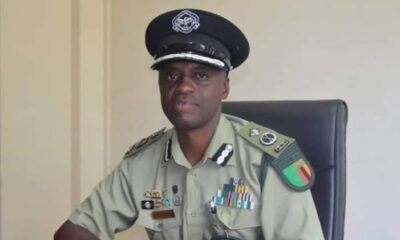
 Metro1 day ago
Metro1 day ago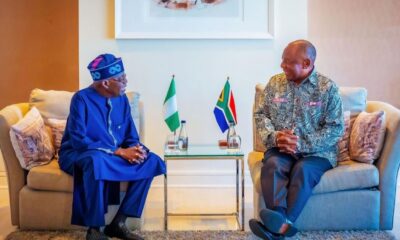
 Metro1 day ago
Metro1 day ago
 Tech1 day ago
Tech1 day ago
